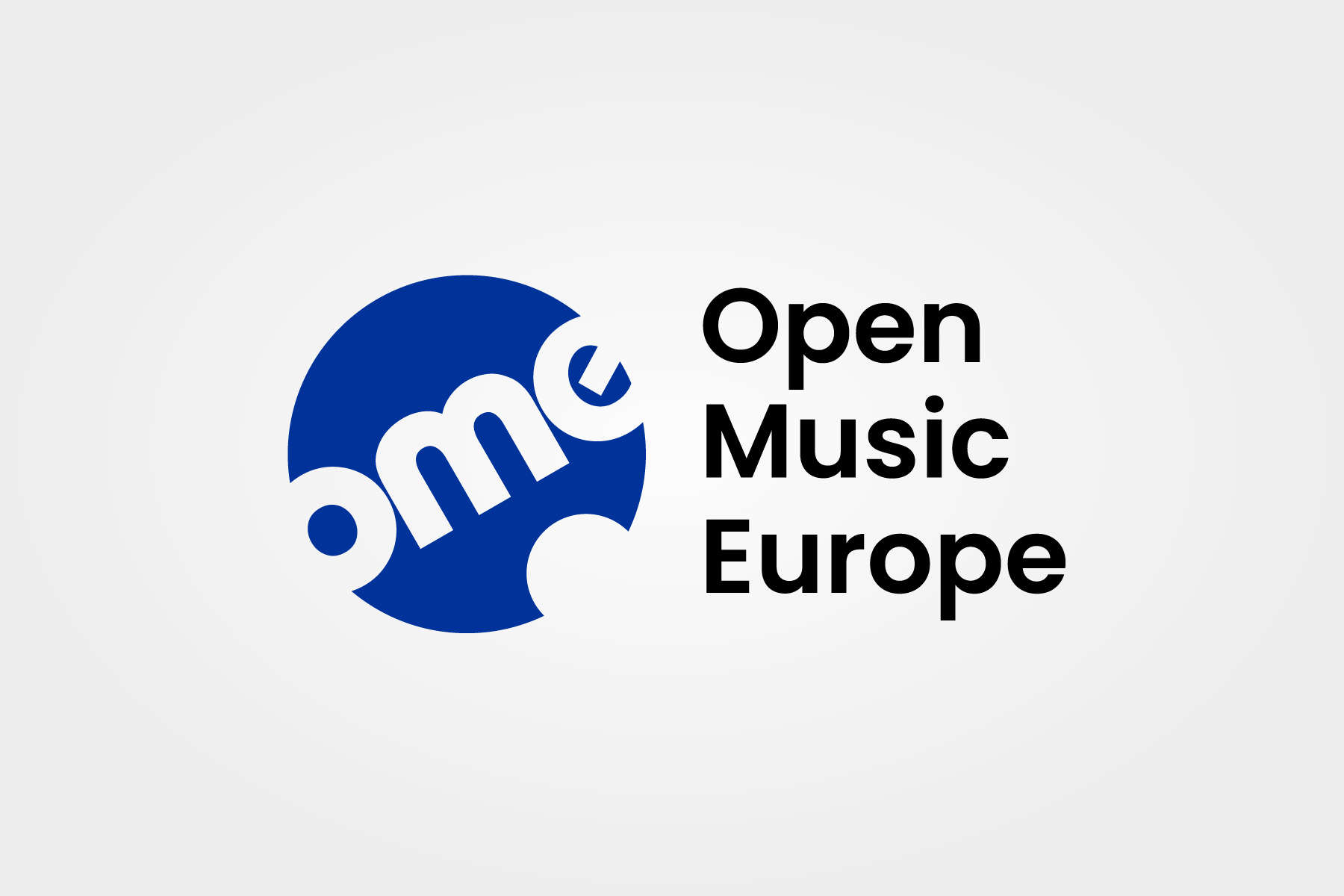
Europe’s music ecosystem is a configuration of millions of people, working in creative networks of freelancers and MSMEs – often in ad-hoc projects, switching between for-profit and non-profit status and between full-time, parttime, and volunteer work. They have shown a high level of resilience to the financial crisis in 2008; the COVID-19 pandemic in 2020; the recent Russian war against Ukraine; and the perpetual disruption caused by technologies such as peer-to-peer file transfers, streaming, AI, and blockchain. It is clear, however, that the economic models of the 2010s and before are no longer financially, socially, or environmentally sustainable for the music industry.
Co-designed and coordinated by SINUS-Institut, Open Music Europe (OpenMusE) brings together music industry stakeholders and researchers from 10 EU countries and Ukraine. Our goal is to support the European music industry in becoming:
We work with – and produce – open data, open-source software, and open policy analysis. This means that any music industry stakeholder, no matter how large or small, can use our tools freely and contribute to their further development. These tools will enable music MSMEs and CSOs without data science expertise to access and analyse open data; model volume and value; create better business models; and generate corporate social responsibility and sustainability reports at a fraction of current costs. We will validate our tools in four pilot studies that will bring benefits to stakeholders within the project lifespan.
The OpenMusE project was selected for funding from the European Union’s Horizon Europe research & innovation programme (HORIZON-CL2-2022-HERITAGE-01-05) under Grant Agreement No. 10109529, and will run from January 2023 until December 2025.
Our objectives are to:
Project director Dr. James Edwards recently presented these objectives and discussed their intersection with European policy aims at the recent EU Conference on Music: Challenges, Needs, and Opportunities of the European Music Ecosystem.
For more information and updates on our progress, follow us at: https://openmuse.eu/